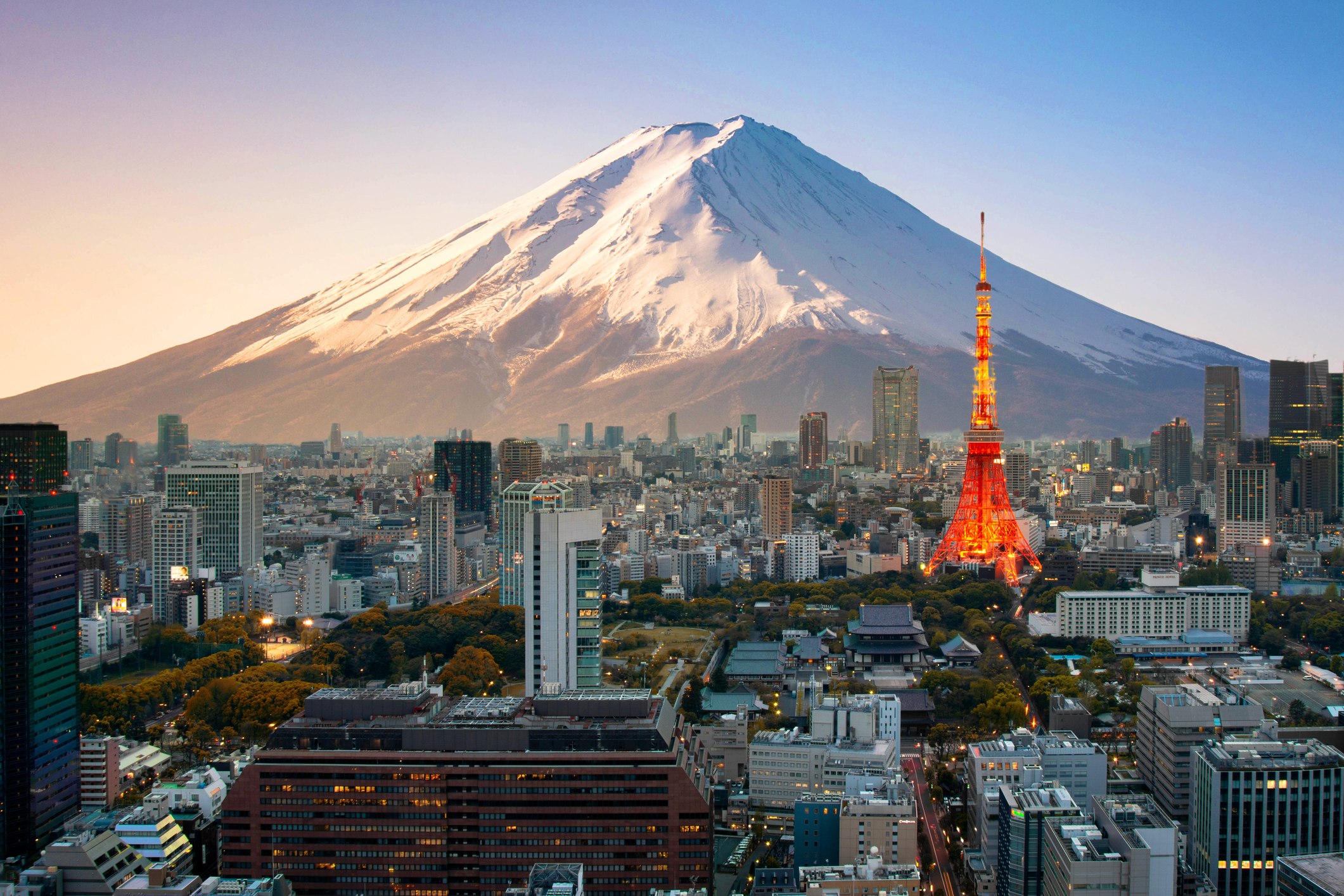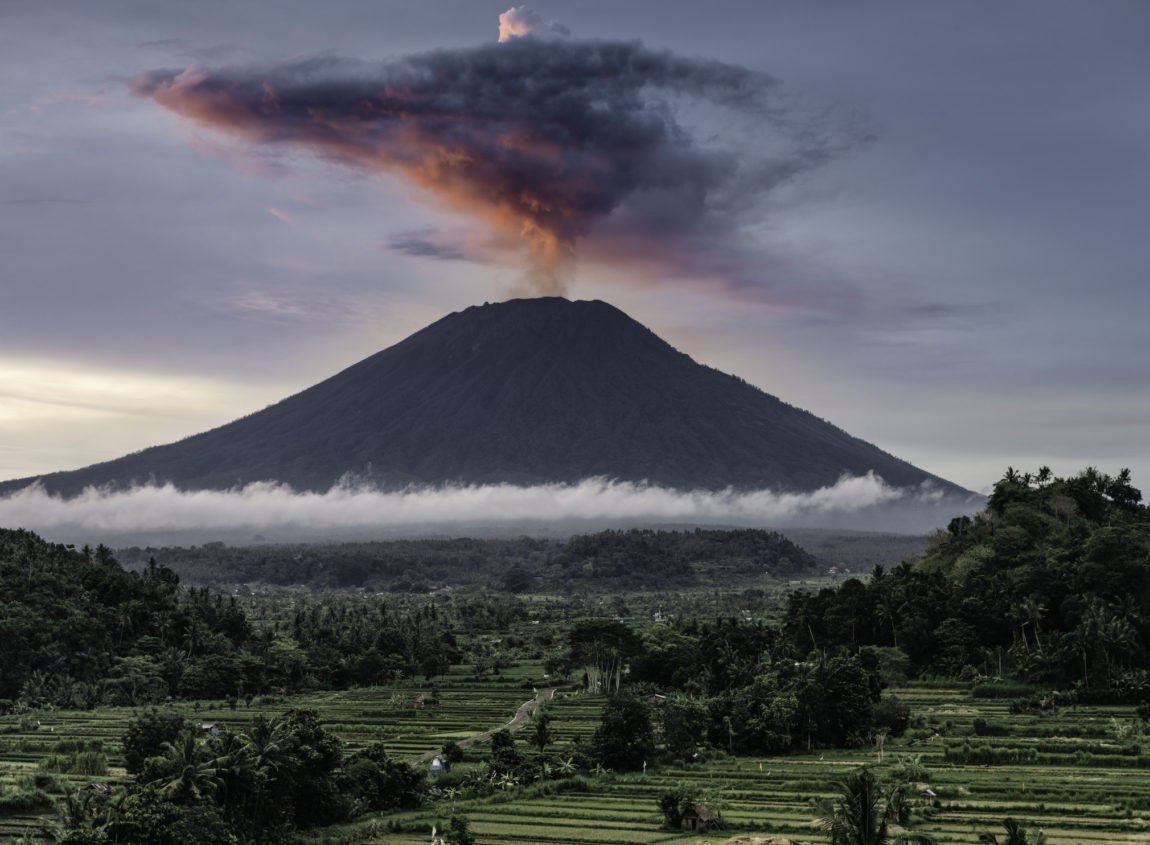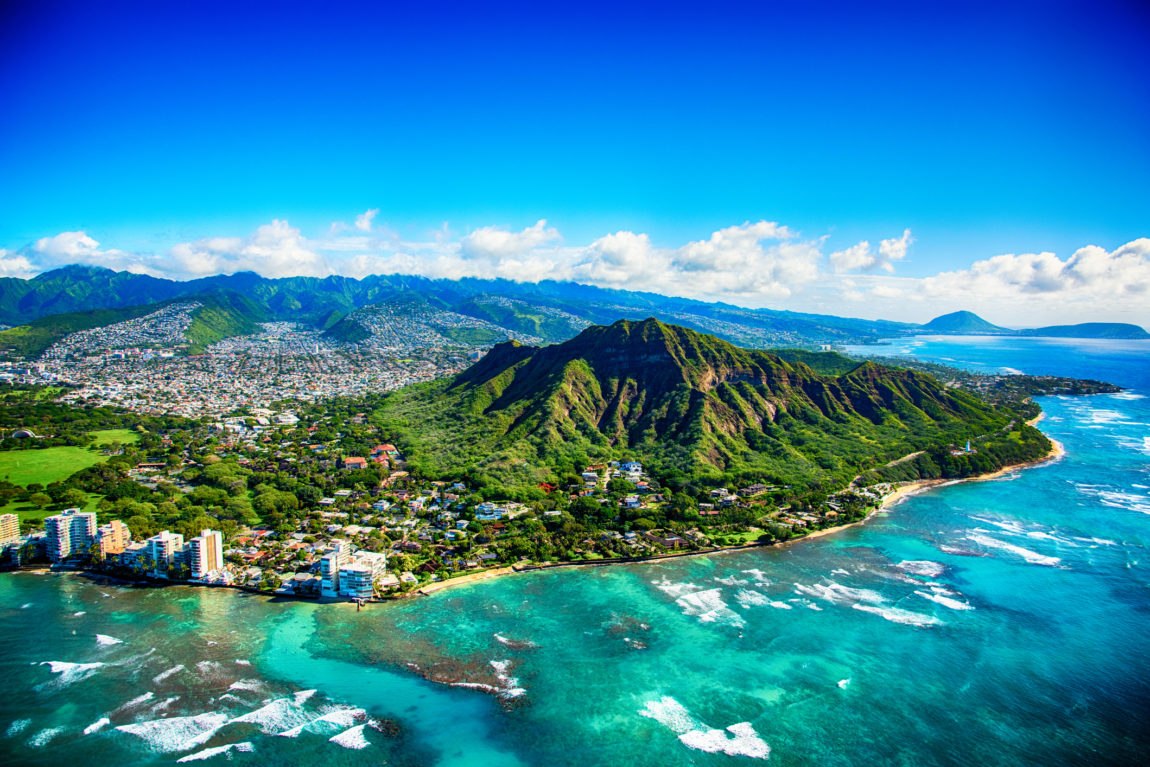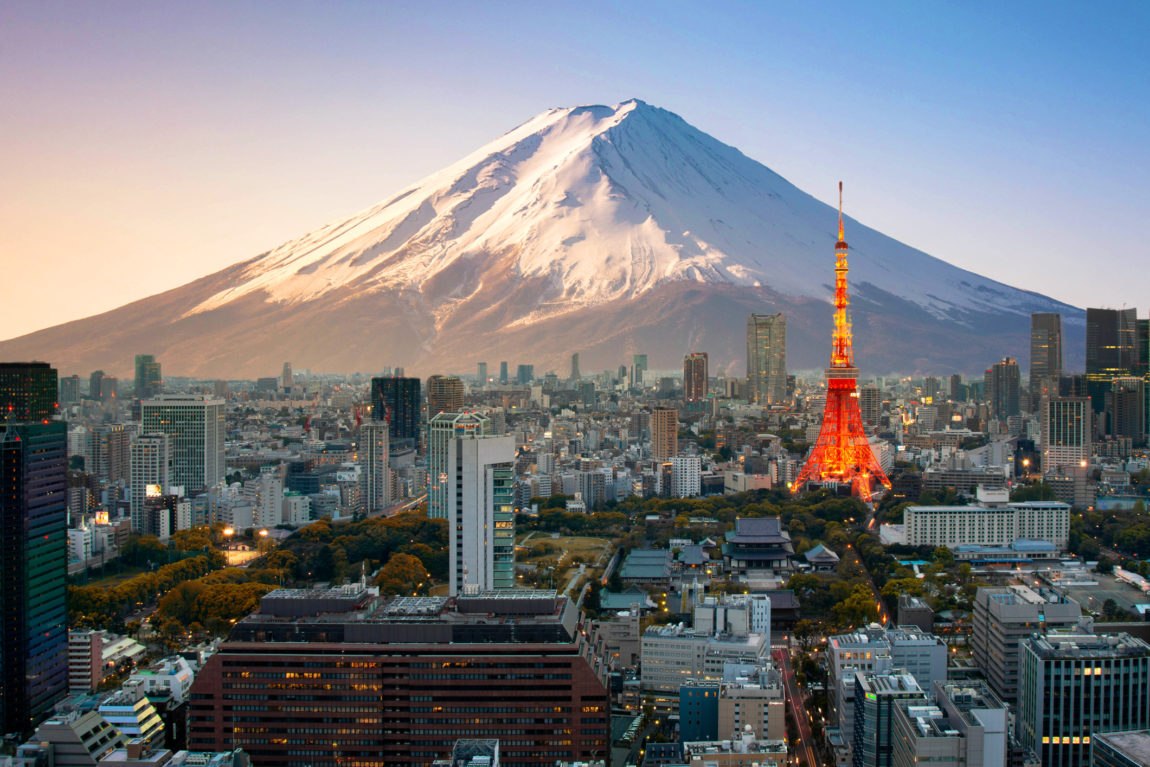Reading time: 5 minutes

Not many people start their holiday worrying if a volcano is going to erupt while visiting a new country. Well, maybe if you're journeying to see the aftermath of the 79 AD eruption of Mount Vesuvius in Pompeii it might be at the front of your mind ... but other than that unique destination, volcanoes are probably the last thing you're thinking about!
That's why the recent eruption of Mount Agung in Bali was so interesting to tourists and holiday-goers all over the world. Suddenly, everyone was asking themselves, 'What do you do if a volcano erupts during your holiday?' Today, we'll teach you a little bit more about volcanoes and help you prepare for this scenario.
 Photo credit Getty/Martin Puddy
Photo credit Getty/Martin Puddy
The truth about active volcanoe
First, let's calm your nerves a little, because the term 'active' volcano isn't as scary as it sounds. In order for a volcano to be classified as active, it needs to have erupted in the past 10,000 years. So, the last eruption may have happened several lifetimes ago!
The biggest thing to remember is that a volcano's eruption is rarely a surprise. With the proper knowledge of the volcano's history and technical instruments, scientists are able to track volcanic activity and will give locals advanced warning to evacuate if they detect aggressive movement. They're so well monitored that in some countries, active volcanoes are actually a part of their tourist attractions!
This brings us to the recent activity in Bali. The last eruption of Bali's Mount Agung was 1963, according to Volcano Discovery. This activity was not out of the blue - Indonesians and tourists alike had plenty of advanced warning as scientists had been tracking seismic rumbling for more than two months before it erupted, giving authorities the opportunity to evacuate more than 100,000 people in the area.
Mount Agung's ash plumes caused airlines to cancel flights both into and out of Bali's main airport, stranding 50,000 travellers, but because of the advanced warning, no one was hurt. - they were just slightly inconvenienced!
Bali isn't the only place with an active volcano ...
Bali's Mount Agung is the most recent volcano that really shook headlines around the world - the image of the famous paradise was disrupted with the sudden eruption. A couple of months before that, the quiet island nation Vanuatu had to evacuate tourists and locals alike as it volcano started acting up.
You might also be surprised to learn how many of your favourite destinations have active volcanoes as well - they're all over the world! The United States and its territories has more than 150 active volcanoes, however, only 54 of them have a threat level of 'high' or worse, according to National Geographic.
Hop on over to our neighbours across the Tasman Sea and you'll see about 11 volcanoes in New Zealand, but only a handful of those are really active. In fact, over the last 1.6 million years, the most activity has centred around one, Taupo Volcano. Today, you can go on tours around White Island in Bay of Plenty, if you can handle the smell of sulphur, that is.
 Photo credit Getty/Art Wager
Photo credit Getty/Art Wager
Some of your favourite destinations like Japan, Italy and Greece all have active volcanoes of their own as well.
Volcano safety advice and protocol
Bali's recent eruption has taught us that we need to be prepared for everything. Here is formal protocol from Ready.gov in event a volcano erupts while you're on holiday:
 Photo credit Getty/Jackyenjoyphotography
Photo credit Getty/Jackyenjoyphotography
-
First, always follow evacuation orders (tune into the radio or television) and get out of the area.
- As you evacuate, avoid low-lying areas or river valleys as mudflows will be moving downhill.
- If you see falling ash, get indoors and close all windows, doors or ventilation until the ash settles or officials tell you otherwise.
- Cover up as much of your skin as possible, and put on goggles to protect your eyes. Wear glasses over contact lenses.
- Avoid being downwind from the volcano at all costs.